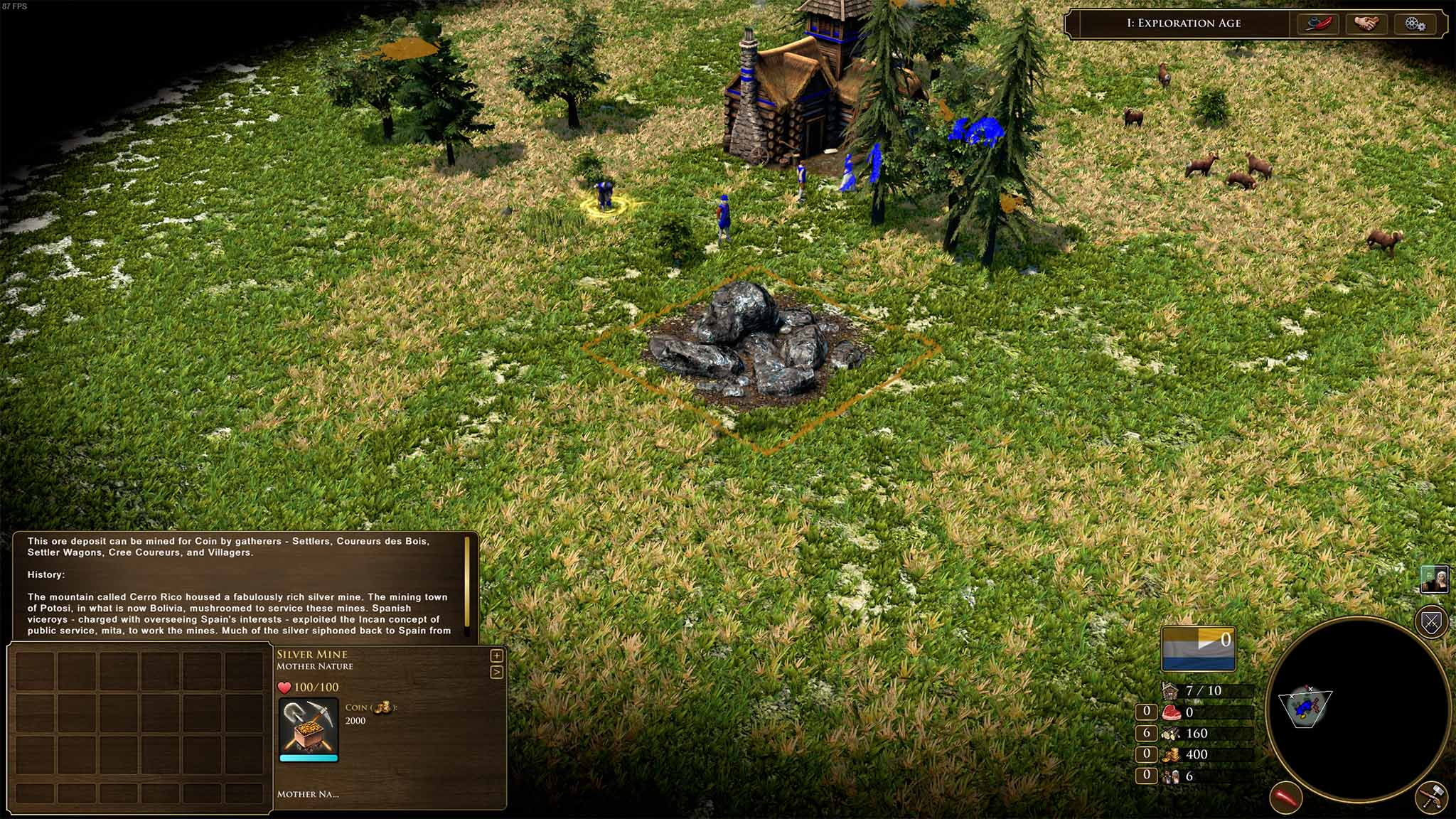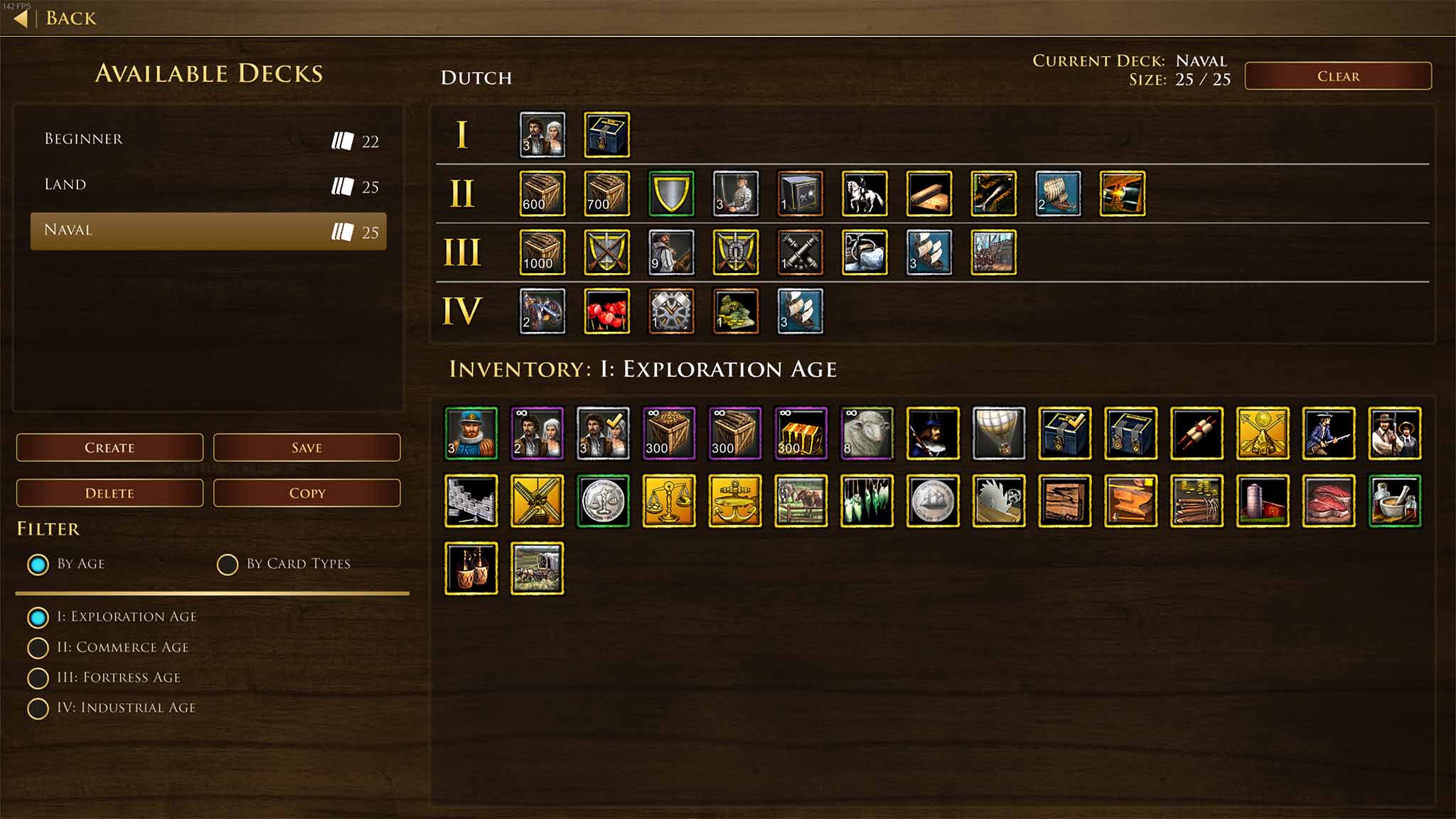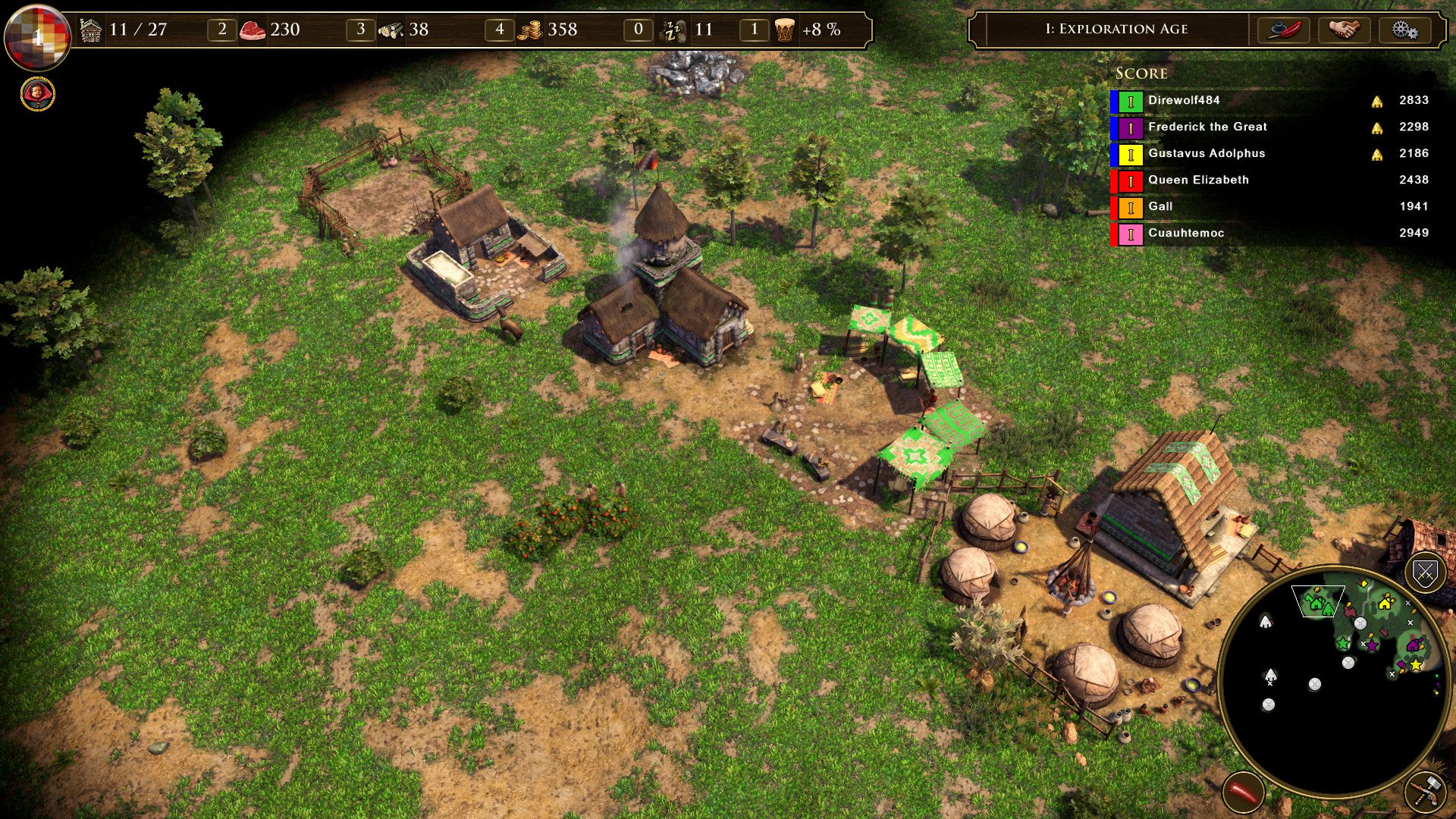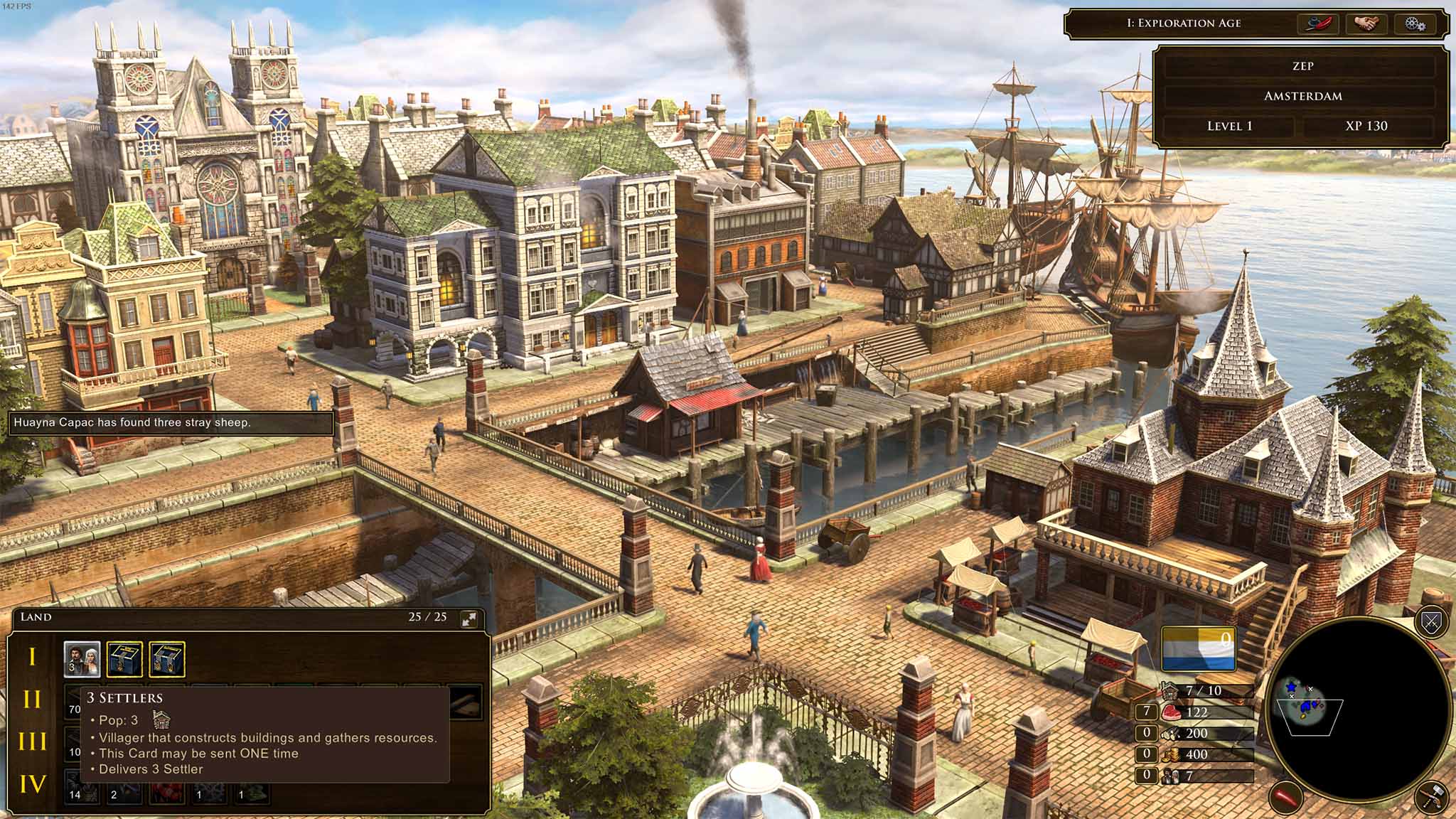
All the latest news, reviews, and guides for Windows and Xbox diehards.
You are now subscribed
Your newsletter sign-up was successful
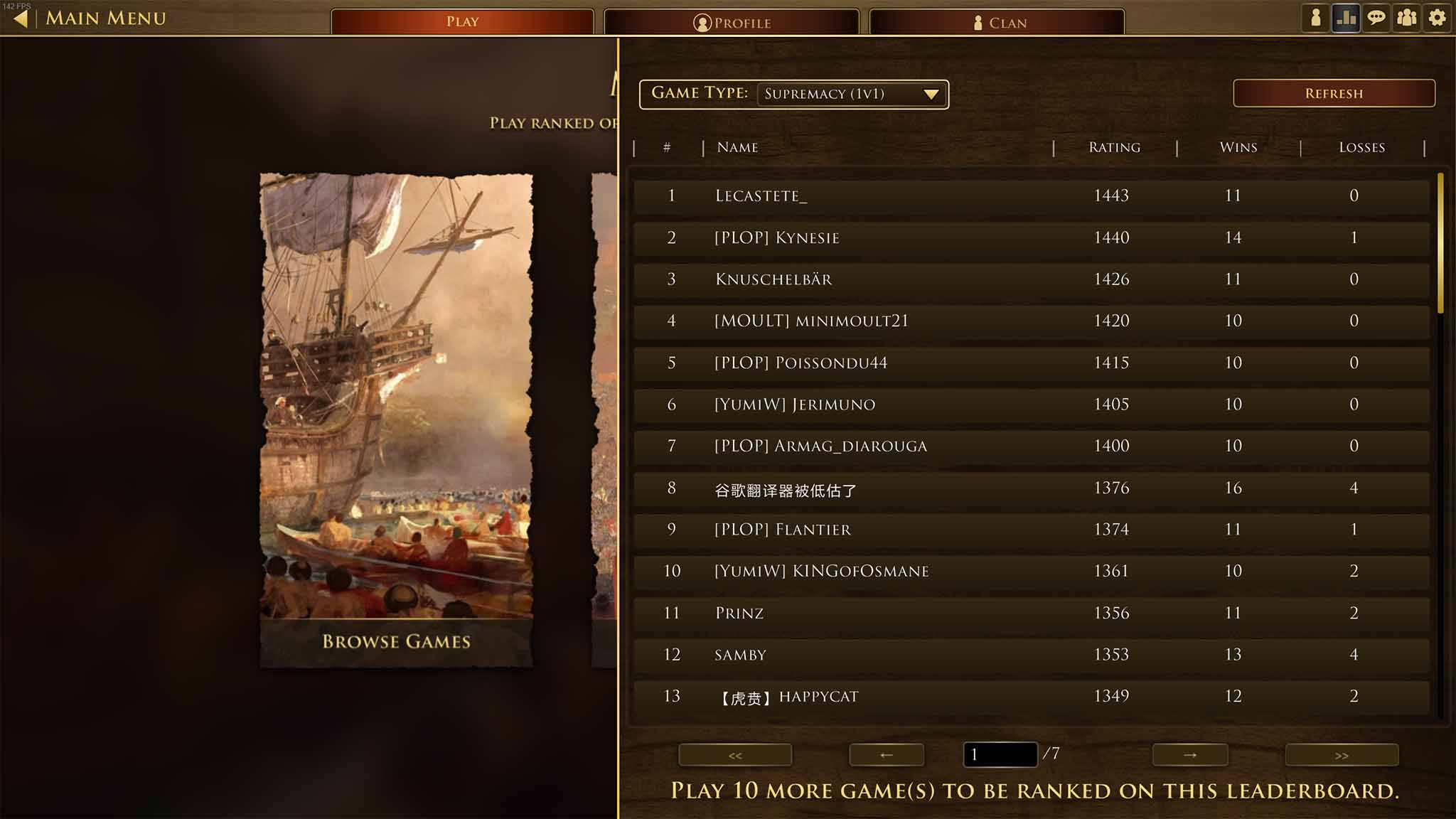
Age of Empires III: Definitive Edition is here, completing the original trilogy that also includes Age of Empires and Age of Empires II. With the release, gamers are either reliving its greatness or discovering something totally new. The latter group is likely wondering exactly how to get started with this real-time strategy (RTS) beast. The "Art of War" collection of missions in the game does a great job of helping out from basics to advanced strategies, but we've put together this quick beginner's strategy guide you can reference while playing.
1. Learn to play with hotkeys
This tip might not be as important as the others — you can definitely play the game using a mouse only — but it's something to keep in mind as you learn the game and take in the other tips. Adding even one or two hotkeys to your arsenal, each match will soon have your actions per minute (APM) way up, which generally equates to more wins.
Hotkeys are customizable in Age of Empires III: DE, but the standard grid layout also works pretty well. I've been using it for Age of Empires II for years with just a few modifications for oft-used buildings. Don't worry about going all in at once with hotkeys; train yourself slowly, and you soon won't have to hardly think about performing common tasks. And if your PC is struggling to keep up with a fast pace, check out the best laptops for Age of Empires III: Definitive Edition for a potential upgrade.
2. Never stop creating settlers and villagers
This same tip applies to all Age of Empires games. Your Town Center should almost never be idle, so keep it busy, creating settlers and villagers when you're not advancing to the next age. There are some exceptions — like saving up resources for a moment to advance to the next age, or you're population capped near the end-game — but your entire economy relies on these units. Without resource income, there is no army, and without an army, there is no victory.
And once a villager or settler is created, don't let them stand around idle. At the very least, task them to a nearby resource where you can check in once in a while to balance your economy. If a villager brings in 10 wood instead of standing still, that's a plus for you. And be sure you have enough villagers bringing in food (or whatever is used to create them) that you can constantly create more.
3. Focus on gathering natural resources
In Age of Empires II, gathering food from livestock and huntables is a bridge to get you into farming, which is where the real economy kicks off. In Age of Empires III, however, there's a far larger focus on hunting that can carry later into the game. Yes, you can build farms, livestock pens, and some buildings with attached berry bushes, but one of the quickest ways to get food is to follow a herd. Don't forget to corral them toward your Town Center in order to better keep your hunters safe from the enemy.
The same applies for gathering gold. Some civs let you create plantations that bring in a steady income, but tasking villagers to a mine is much more efficient. Bottom line: unless you're in an end-game scenario where the map's resources are mostly exhausted, stick with naturally occurring instances.
All the latest news, reviews, and guides for Windows and Xbox diehards.
4. Never stop exploring
Leaving a map unexplored is a major sin in Age of Empires games. Sure, you can pretend like life will always be peaceful in and around your town center, but before long, someone is going to come and ask you for your possessions.
A map explored means you know where key resources are located. It means you know where your enemy is located, and it means you know what your enemy is up to. Blindly creating military units will sometimes work out alright, but once you learn proper counter units, you'll always be on the lookout for what the enemy is up to. Scout your map early and continue exploring it as the game progresses for the best results.
5. Get out of the Discovery Age
The starting age in Age of Empires games is usually meant for collecting resources, setting up a strong foundation for your economy, and exploring the map to find valuable resources (and the enemy). There can be some aggression in the first age, but games generally aren't decided here unless you're at a very low or very high level of play.
As soon as a match starts, you should focus on getting to the Discovery Age as soon as possible while still having a strong economic base. There are specific build orders you can acquaint yourself with eventually, but for now, unlocking access to military units will help you gain map control and defend yourself against the enemy.
6. Don't forget about your home city
Age of Empires III has this neat little mechanic that lets you call in shipments from your home city. Do not let these stack up, sitting forgotten. There are plenty of ways you can "cheat" a bit with these shipments like if you need extra villagers fast and don't want to wait for their creation. A quick boost to your economy with, say, a shipment of wood can also mean the difference between a defensive outpost and complete ruin for your deer hunters.
There's mercifully no more grinding to unlock cards for your home city deck, and you can customize something as you see fit from the very start. The beginner decks available will do a good job, but you'll probably soon see ways where you can improve and customize to your playstyle.
7. Study military units and their counters
You've advanced to the Colonial Age and have built up a small army of archers. You're ready to harass the enemy's villagers, forcing them off of resources and hampering the economy. Except … what's that you hear? The rhythmic thunder of horse hooves? You might as well kiss your archers goodbye unless you can micro like a god.
If you'd sent some pikemen with your army to help deal with the cavalry, those archers might still be alive. Each unit in Age of Empires III has at least one counter unit, and knowing it without having to look it up will boost your game significantly. Scouting plays a huge role in this, especially if you're behind, as you want to know what your enemy is up to and react accordingly.
8. Pick a civilization and learn its strengths
So, you've played a bit of Age of Empires III: DE and you're starting to get the hang of things. It might be tempting to jump around and test out the 16 civilizations — and I certainly encourage you to do so — but don't hesitate to stick with one if you find it suits your playstyle. Some are excellent at creating a booming economy, some are better at early aggression, and some are better at late-game aggression.
If you like to rush your enemy, try checking out the Haudenosaunee civ thanks to its ceremonial abilities to boost production speed. Germany is great for a booming economy, especially important in a team game where your friends can protect you while you gather currency. Each civilization excels at something, so don't hesitate to test things out against AI opponents before jumping online.
Mastering a civilization is like riding one of those three-wheeled tricycles with the huge wheel. Once you learn how to do it, coming back is easy. Being just OK with each civilization is a start, but once you become a master with one or two you'll really see your game take off in other areas.

Cale Hunt brings to Windows Central more than nine years of experience writing about laptops, PCs, accessories, games, and beyond. If it runs Windows or in some way complements the hardware, there’s a good chance he knows about it, has written about it, or is already busy testing it.


